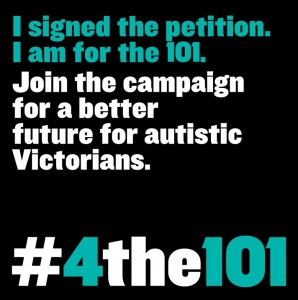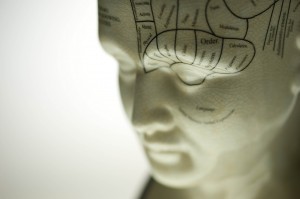Autism and mental health: the urgent need for more service and resources
Posted on
October 10 was World Mental Health Day, sparking a week in which we aim to raise awareness of mental health and bring understanding to the part it plays in so many lives.
One in 5 Australians are affected by mental illness, yet many don’t seek help because of stigma.
The estimated prevalence of mental health conditions among autistic people varies between studies, but is in the range of approximately 50 – 70%.

These statistics underline the fact that there’s an urgent need for more service and resources to assist autistic people with mental health issues.
We know that many autistic people experience co-occurring mental health conditions, most commonly depression, anxiety disorders and/or obsessive compulsive disorder.
A range of barriers
And there are a range of barriers preventing autistic people accessing adequate mental healthcare, including a lack of autism knowledge and skills across mainstream health and mental healthcare services and a lack of coordination and collaboration across a range of sectors.
These barriers can include a lack of autism awareness and understanding by mental health practitioners, communication difficulties (particularly when a person is non-verbal), sensory sensitivities and a lack of coordination and collaboration between mental health, mainstream health, disability services and other sectors, including education, employment, justice and housing.
Autistic people have basic human rights, like any other Australian, to accessible and person-centred mental health services.
In June 2015, the Victorian Parliament’s Family and Community Development Committee released its Inquiry into service for people with autism – Final Report (Victorian Parliament’s report, 2017).
Specialists needed in public health system
Among the 101 recommendations in this report, the Committee recommended that the Victorian Government update its State Autism Plan and in that plan “develop a strategy for public health and mental services to accommodate the needs of people with Autism Spectrum Disorder, including the roll out of autism specialists in the public health system”.
Amaze agrees that such a strategy on autism and mental health is overdue and, among other things, should focus on autism awareness raising, multi-sector capacity building and service collaboration and co-ordination.
Now the Victorian autism community needs to come together and tell the Government to take action to accept and implement the 101 recommendations.
We are seeking your support
That’s why we have established the “I am for the 101” campaign. We’re seeking your support to advocate for the full implementation of the 101.
You can help us and all autistic Victorians by taking action and sign the petition.

